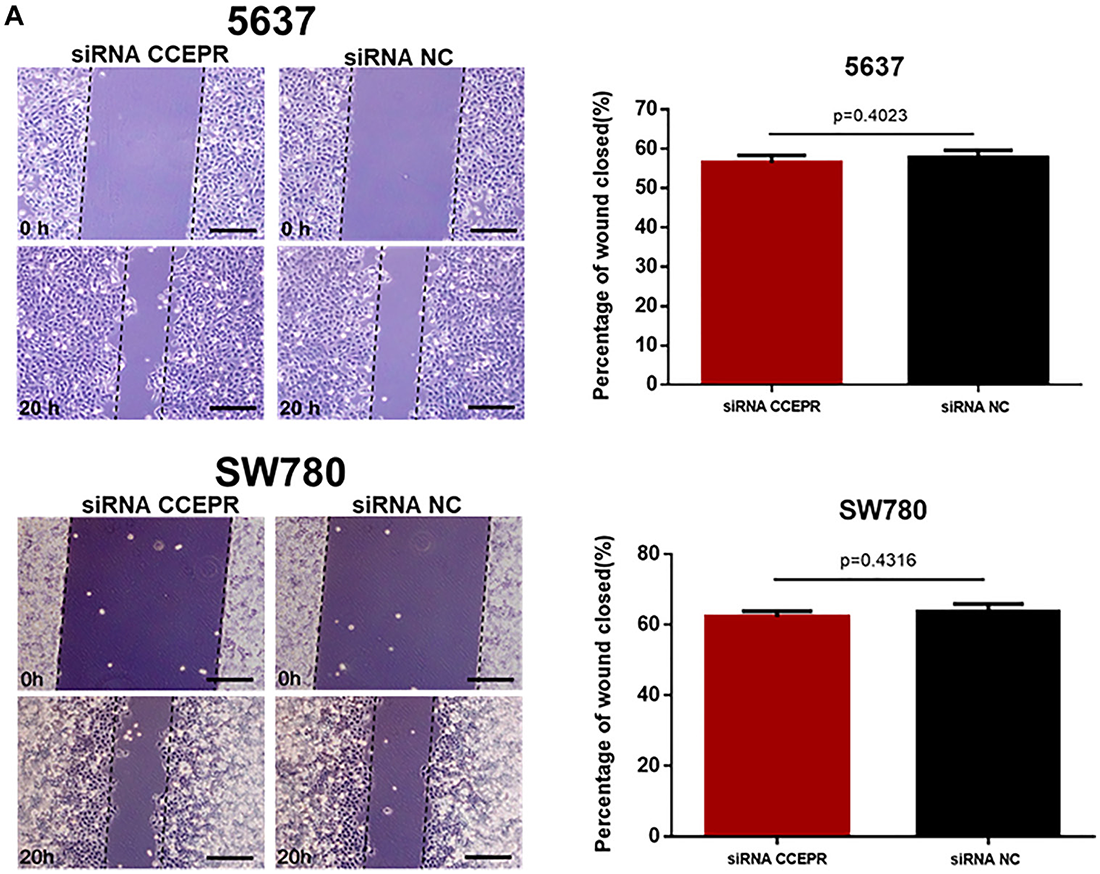Corrections:
Correction: Increased expression of long non-coding RNA CCEPR is associated with poor prognosis and promotes tumorigenesis in urothelial bladder carcinoma
Metrics: PDF 1431 views | ?
1Department of Urology, Peking University First Hospital, The Institute of Urology, Peking University, National Urological Cancer Centre, Beijing, 100034, China
2Department of Urology, State Engineering Laboratory of Medical Key Technologies Application of Synthetic Biology, Key Laboratory of Medical Reprogramming Technology, Shenzhen Second People’s Hospital, The First Affiliated Hospital of Shenzhen University, Shenzhen, 518035, China
*These authors have contributed equally to this work
Published: March 21, 2023
Copyright: © 2023 Zhan et al. This is an open access article distributed under the terms of the Creative Commons Attribution License (CC BY 4.0), which permits unrestricted use, distribution, and reproduction in any medium, provided the original author and source are credited.
This article has been corrected: In Figure 6A, the 4 upper left panel images under the ‘5637’ heading were mistakenly selected from the wrong files. The corrected Figure 6A, obtained using the original data, is shown below. The authors declare that these corrections do not change the results or conclusions of this paper.
Original article: Oncotarget. 2017; 8:44326–44334. DOI: https://doi.org/10.18632/oncotarget.17872

Figure 6: The effect of CCEPR on bladder cancer cell metastasis. (A and B) There was no significant difference in the migratory ability of bladder cancer cells transfected with corresponding specific siRNA/pcDNA3.1. (C and D) There was no significant difference in the invasive ability of bladder cancer cells transfected with corresponding specific siRNA/pcDNA3.1. Data are shown as mean ± SD. *p < 0.05; **p < 0.01.
 All site content, except where otherwise noted, is licensed under a Creative Commons Attribution 4.0 License.
All site content, except where otherwise noted, is licensed under a Creative Commons Attribution 4.0 License.
PII: 28347
